Article Contents
what is distillation
What is distillation? Distillation is a process that has been used for centuries to separate and purify different components of a liquid mixture. It is a widely used technique in the chemical and petroleum industries to produce pure chemicals and fuels from crude oil and other natural resources. In this article, we will explore the basics of distillation, its different types, and its applications.
The Basics of Distillatiotion is a separation technique that works by heating a liquid mixture to vaporize its components and then cooling the vapor to condense it back into a liquid. The basic principle behind distillation is that different components in a mixture have different boiling points. By heating the mixture, the component with the lowest boiling point will vaporize first, leaving the others behind. The vapor is then condensed and collected, resulting in a more concentrated and purified form of the desired component.

steps in distilation
The process of distillation involves several key steps, including:
- Heating the mixture: The mixture is heated to a temperature where the component with the lowest boiling point vaporizes.
- Vaporization: The component with the lowest boiling point vaporizes and rises to the top of the distillation column.
- Separation: The vaporized component is separated from the other components of the mixture.
- Cooling: The vapor is cooled and condensed back into a liquid.
- Collection: The condensed liquid is collected in a separate container.
Types of Distillation
There are several different types of distillation, each suited for different types of applications. Some of the most commonly used types of distillation include:

- Simple Distillation: Simple distillation is used to separate two liquids with different boiling points. It is a straightforward process that involves heating the mixture until the component with the lowest boiling point vaporizes and then condensing it back into a liquid.
- Fractional Distillation: Fractional distillation is used to separate multiple components in a liquid mixture with different boiling points. It is a more complex process that involves using a fractionating column to separate the components based on their boiling points.
- Steam Distillation: Steam distillation is used to separate components that are volatile and have high boiling points. It involves passing steam through the mixture to vaporize the desired component and then cooling the vapor to condense it back into a liquid.
- Vacuum Distillation: Vacuum distillation is used to separate components with high boiling points. It involves lowering the pressure in the distillation column to reduce the boiling point of the component and make it easier to vaporize and condense.
Applications of Distillation
Distillation has a wide range of applications in various industries, including:
- Chemical Industry: Distillation is used to purify and separate chemicals for use in the production of various products.
- Petroleum Industry: Distillation is used to refine crude oil and produce different types of fuels and chemicals.
- Pharmaceutical Industry: Distillation is used to purify and isolate different components of drugs and other pharmaceutical products.
- Food and Beverage Industry: Distillation is used to produce alcoholic beverages, such as whiskey, vodka, and gin.
- Environmental Industry: Distillation is used to treat wastewater and remove contaminants from it.
Conclusion
Distillation is a widely used technique for separating and purifying different components of a liquid mixture. Its basic principle involves heating the mixture to vaporize its components and then condensing the vapor back into a liquid. There are several different types of distillation, each suited for different types of applications, including simple distillation, fractional distillation, steam distillation, and vacuum distillation. Distillation is widely used in various industries, such as chemical, petroleum, pharmaceutical, food and beverage, and environmental. Its versatility and efficiency make it an indispensable tool for modern manufacturing and production.
Read Also,





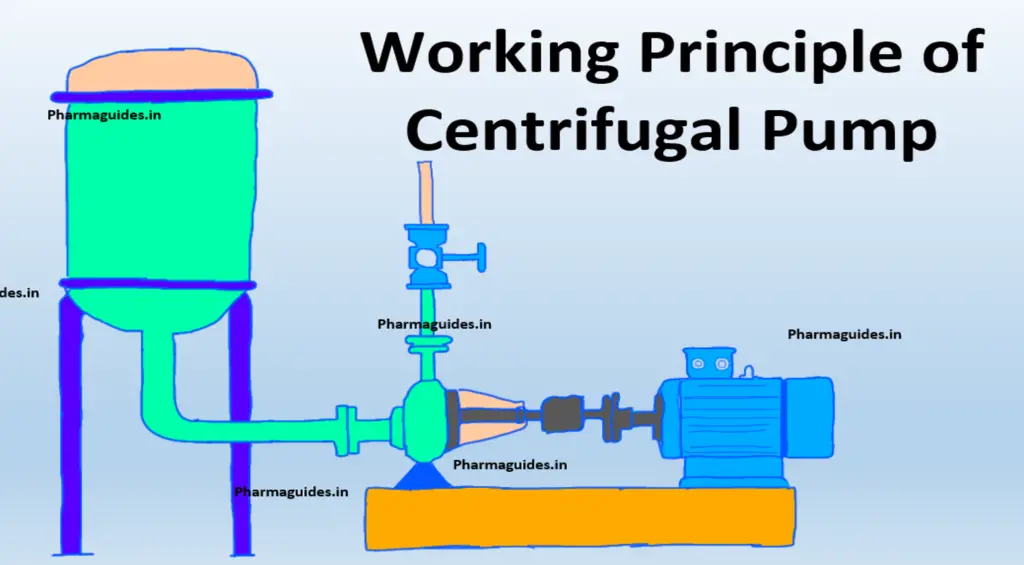
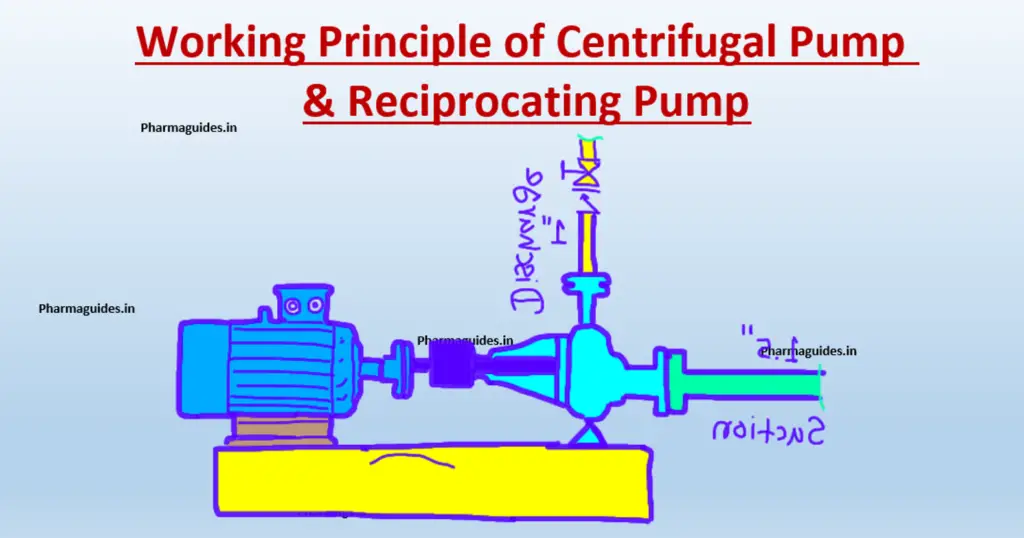
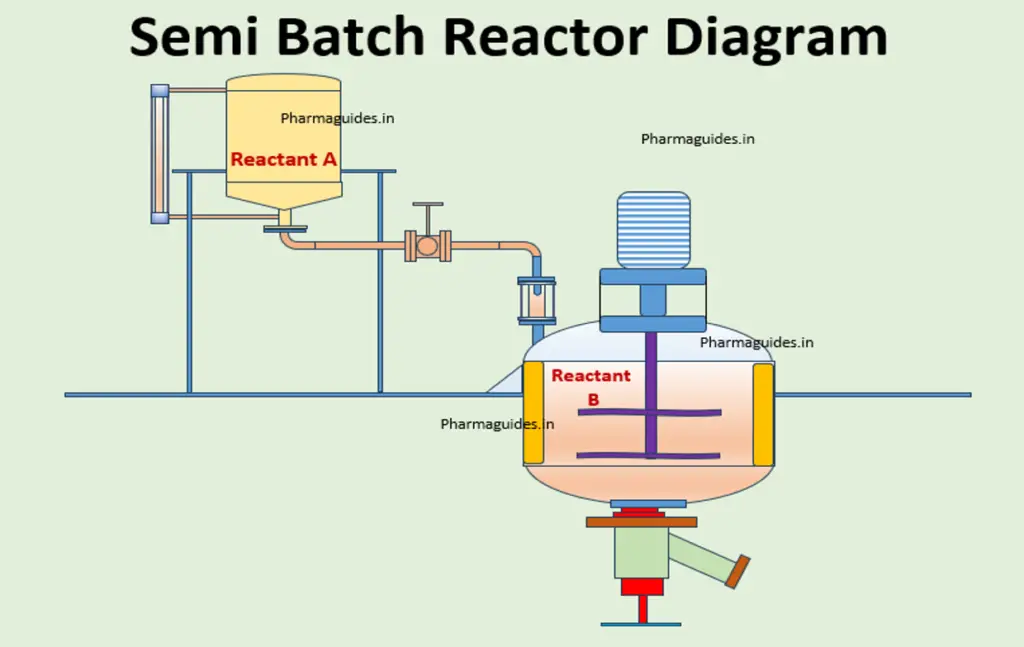
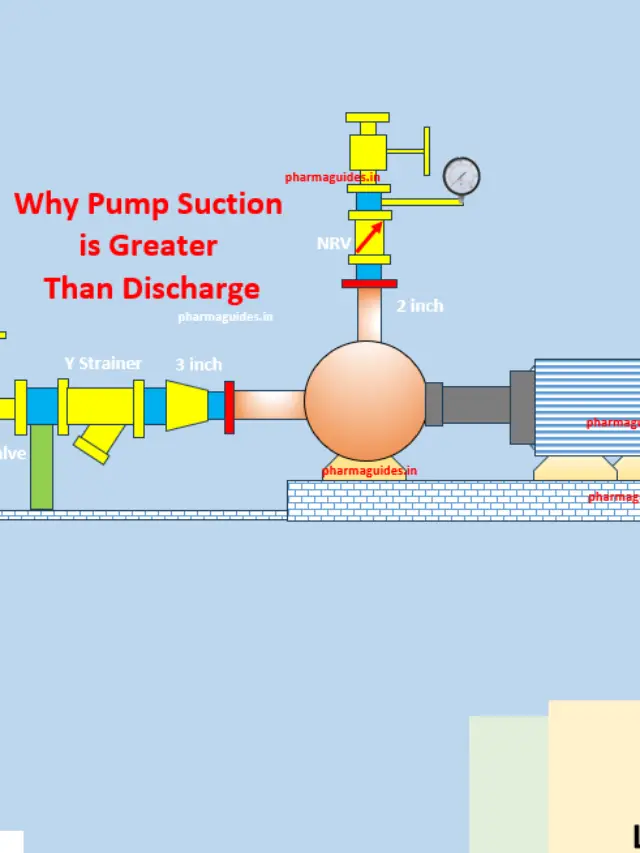
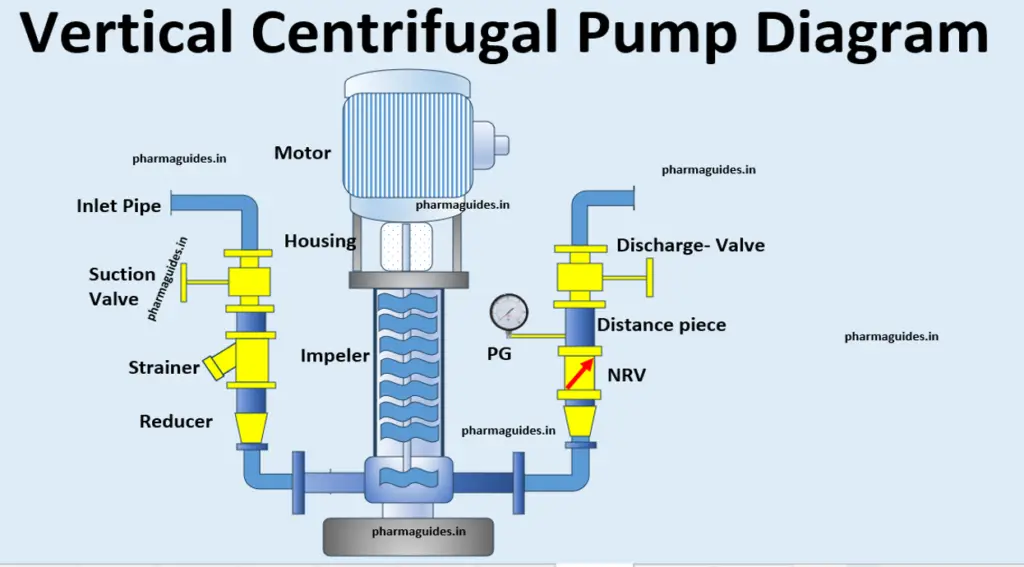
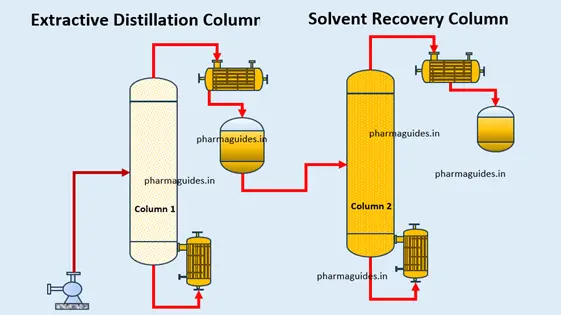
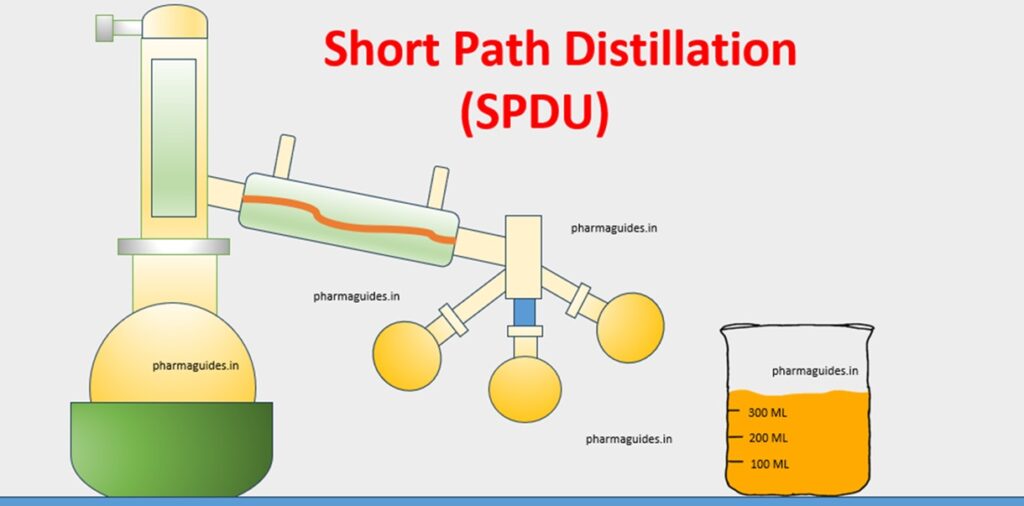
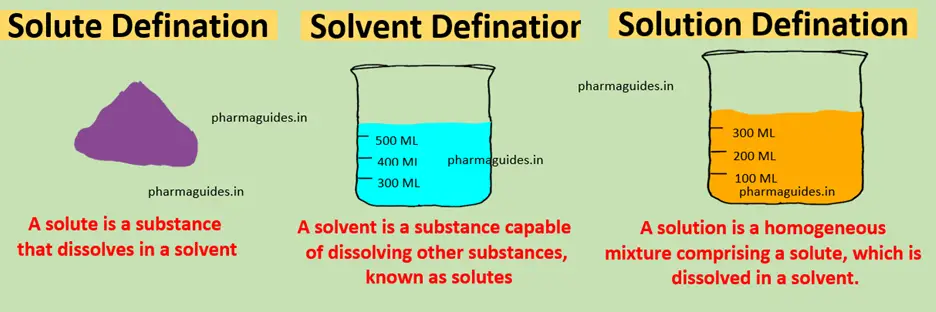
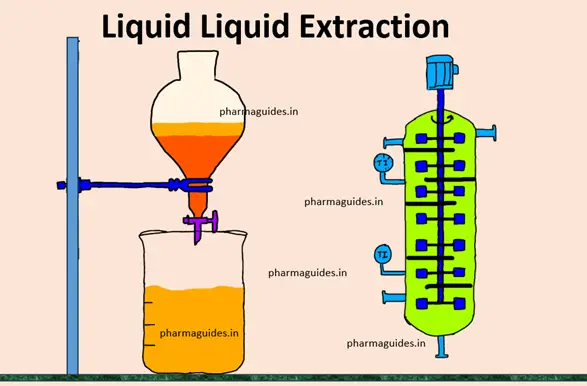
1 COMMENTS
Comments are closed.